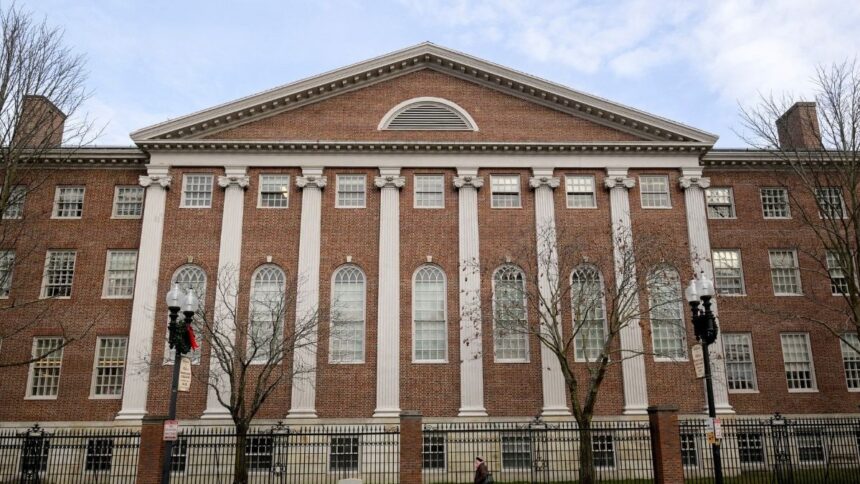The Mittal family has clarified their position regarding a recent conference at Harvard University that featured Pakistani officials in the aftermath of the Pahalgam terror attack. The family, whose $25 million donation funds the South Asia Institute (SAI), emphasised that the event was scheduled ‘without consulting its benefactors’, leading to condemnation from Indian activists on social media.
The event, linked to the Lakshmi Mittal and Family South Asia Institute, drew criticism for being “tone deaf,” considering the attack in Jammu and Kashmir on April 22, which claimed 26 lives.
Critics have accused Lakshmi Mittal of insensitivity, arguing that the timing of the conference suggested a lack of empathy towards the victims of the Pahalgam attack. Queries around the funding were clarified with the information that National Foods, a Pakistani company, sponsored the event, not the Mittal donation.
Indian students at Harvard expressed their discontent through letters to the university leadership and US Senator Marco Rubio, demanding that Harvard condemn the Pahalgam attack.
They expressed concerns over hosting representatives from a country they associate with terrorism support. The students argued, “Welcoming representatives of a government that enables or justifies terrorism risks Harvard being complicit.”
Amidst the debate, the Mittal Institute continues its commitment to cultural exchange. Currently, it hosts Naiza Khan, a celebrated South Asian artist, as part of its Distinguished Artist Fellowship.
However, some activists have called for an end to such “freebies” for Pakistan, advocating for a shift towards a more India-centric identity for the Institute. Harvard University has distanced itself from the controversy by removing the event details from its website.
The university expressed condolences for the victims of the Pahalgam attack, stating in a message, “Please know that we share the grief and anguish with our friends, colleagues, and loved ones in India.” Harvard highlighted that the conference was organised independently by students and faculty advisors, without consulting any benefactors








